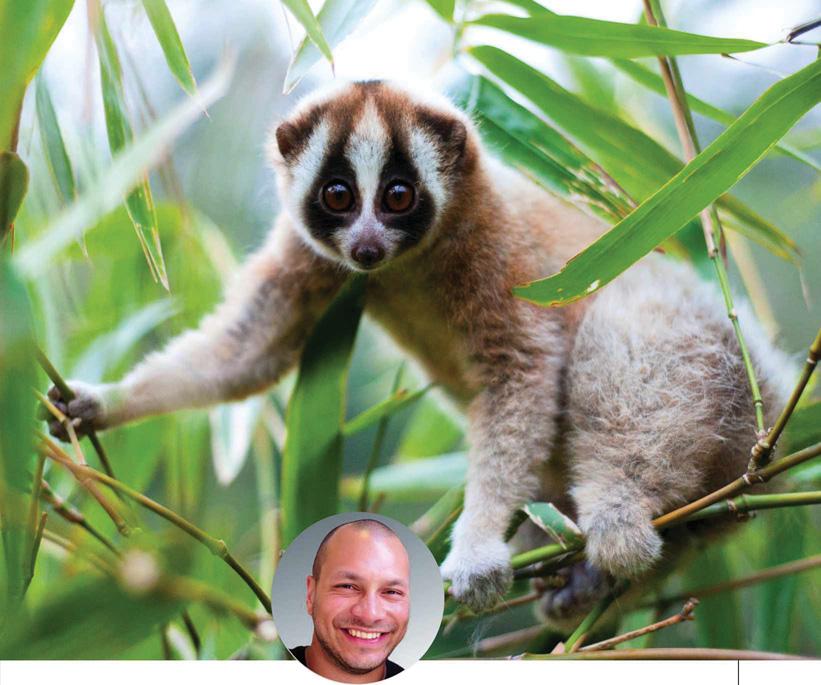
WHEN ASKED TO NAME substances that cause sickness or death, many people would mention. poisons that are harmful to humans - chemical elements such as arsenic, plants such as hemlock, or death cap mushrooms. In fact, nearly every major group of organisms makes natural poisons, which come in two flavours: toxin and venom.
What's the difference between a toxin and a venom?
They're distinguished by delivery route. A toxin passively enters a recipient's body after being swallowed, inhaled or absorbed through contact. By contrast, a venom is actively delivered into a victim via a bite, spray, stab or sting. But you can't simply. say that toxins are ingested and venoms are injected. When the toxin tetrodotoxin is delivered through the bite of a blue-ringed octopus, it's then technically venom! The two poisons also differ by function.
Toxins are typically used for defence, to deter predators or competitors, venoms are used for offence, to catch prey. They have different compositions, too. A toxin is typically a single molecule and a venom is a mixture that will include toxins. Marine cone-snail venoms can contain over 100 distinct toxins to target a variety of prey.
Where do they come from?
Bu hikaye BBC Wildlife dergisinin July 2023 sayısından alınmıştır.
Start your 7-day Magzter GOLD free trial to access thousands of curated premium stories, and 9,000+ magazines and newspapers.
Already a subscriber ? Giriş Yap
Bu hikaye BBC Wildlife dergisinin July 2023 sayısından alınmıştır.
Start your 7-day Magzter GOLD free trial to access thousands of curated premium stories, and 9,000+ magazines and newspapers.
Already a subscriber? Giriş Yap

SNAP-CHAT
Justin Gilligan on giant spider crabs and holding hands with an octopus

STEPPE CHANGE
Herds of saiga have returned to Kazakhstan, but there's a fine balance to tread

TREES FOR LIFE
Community is at the heart of conservation in the tropical forests of southern Belize

WHEN DOVES CRY
Turtle doves are now the UK's fastest declining bird species, but the RSPB is on a mission to save them

SURVIVAL OF THE CUTEST
We can't help being drawn to cute creatures, but our aesthetic preferences both help and hinder conservation

LIGHT ON THE NORTH
Spectacular images of Arctic foxes, reindeer and musk oxen reveal the wild beauty and diversity of Scandinavia

ROLLING IN THE DEEP
The super-sized crustacean that lives in the deepest, darkest ocean

LET'S GET TOGETHER
Clay licks deep in the Amazon explode in a riot of colour, with macaws the stars of the show

FEMALE OF THE SPECIES
To sponge or not to sponge? That is the question for the bottlenose dolphins (Tursiops aduncus) living in Shark Bay, Western Australia.

7 nature encounters for the month ahead
WITH NATURALIST AND AUTHOR BEN HOARE